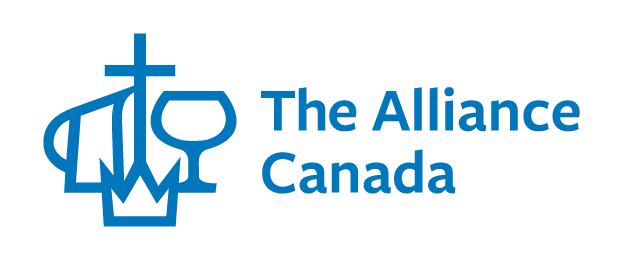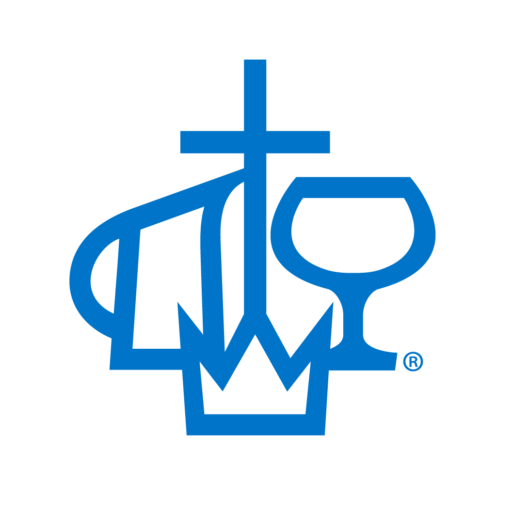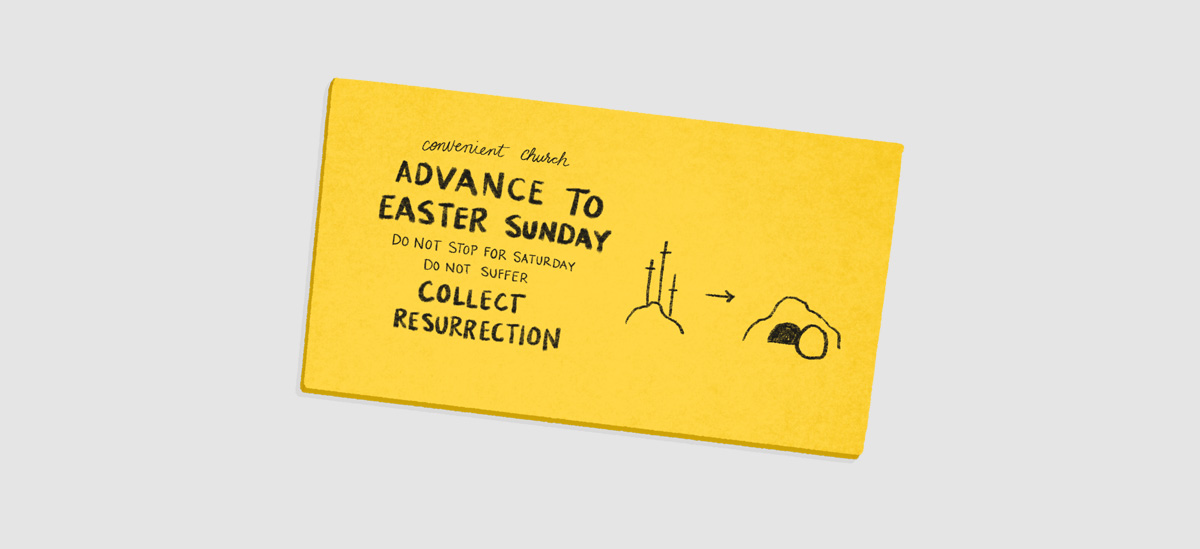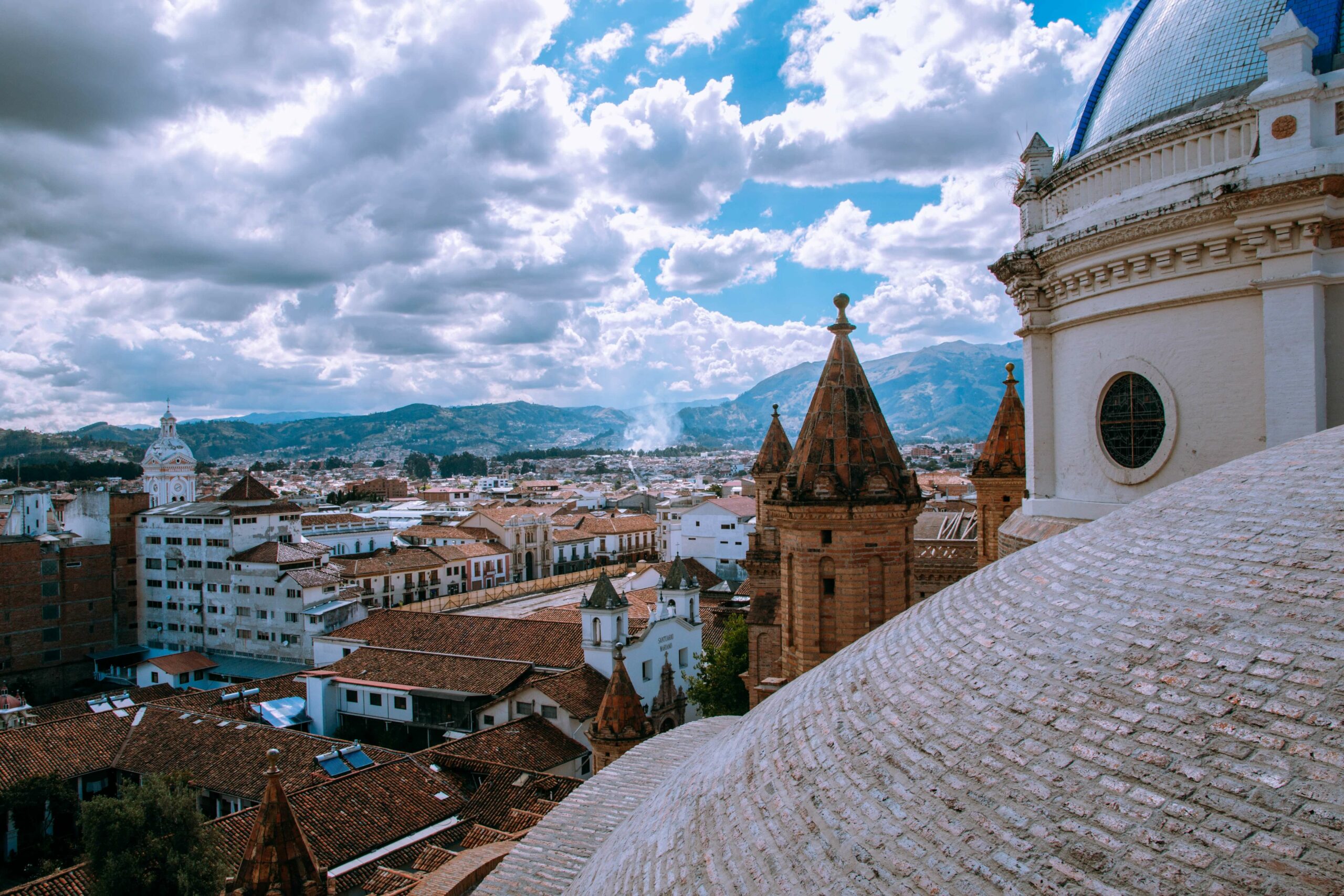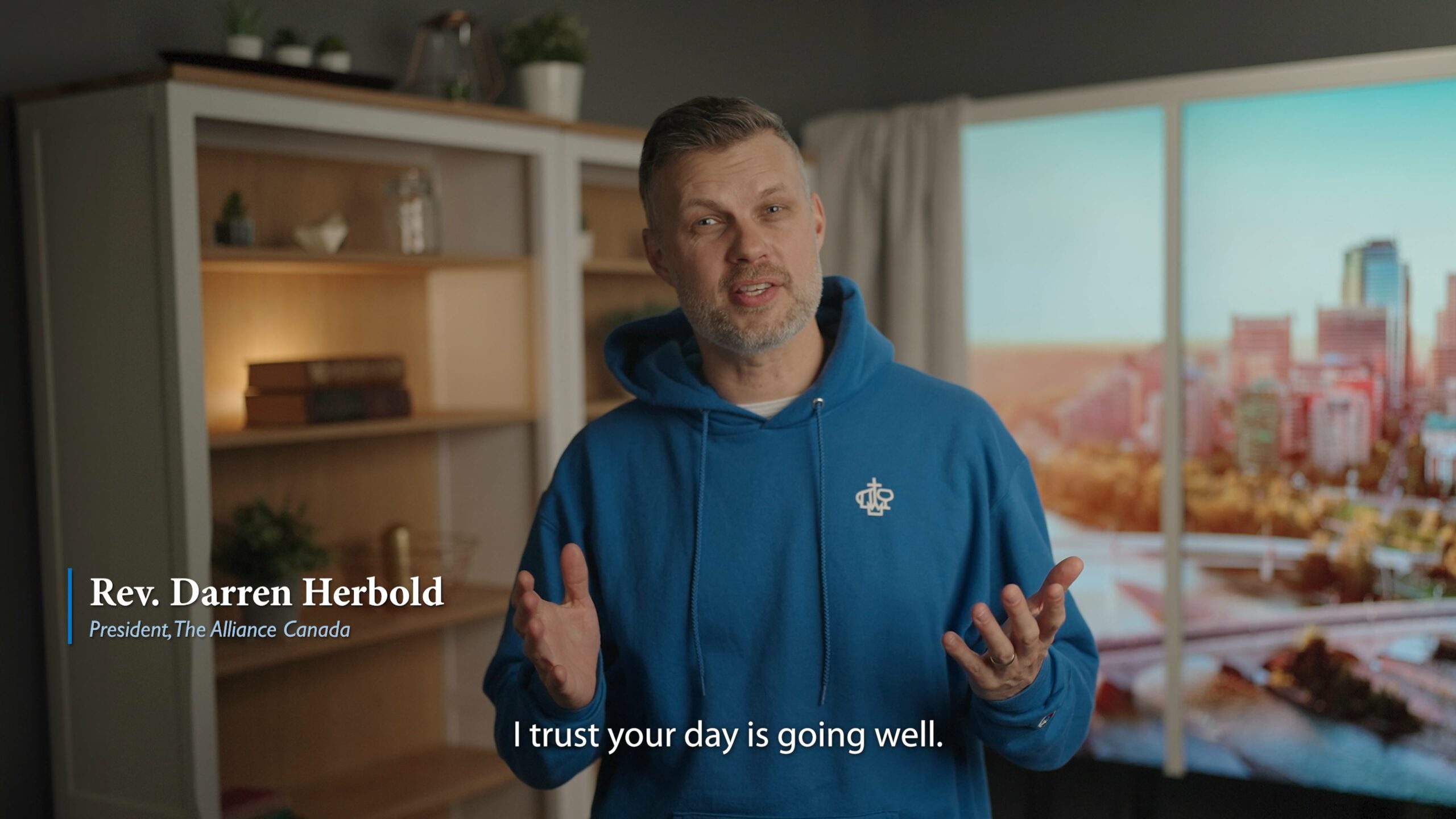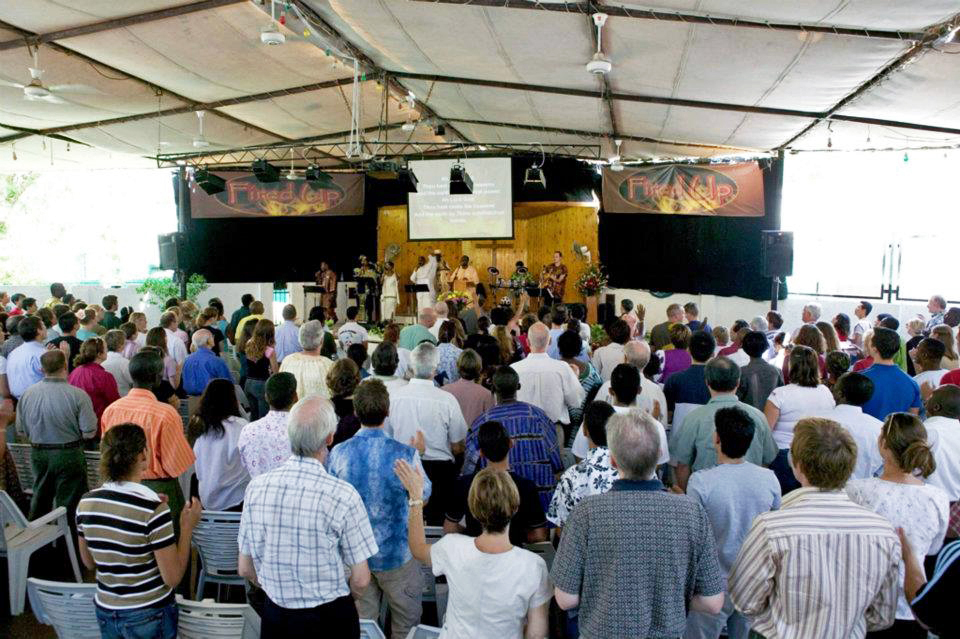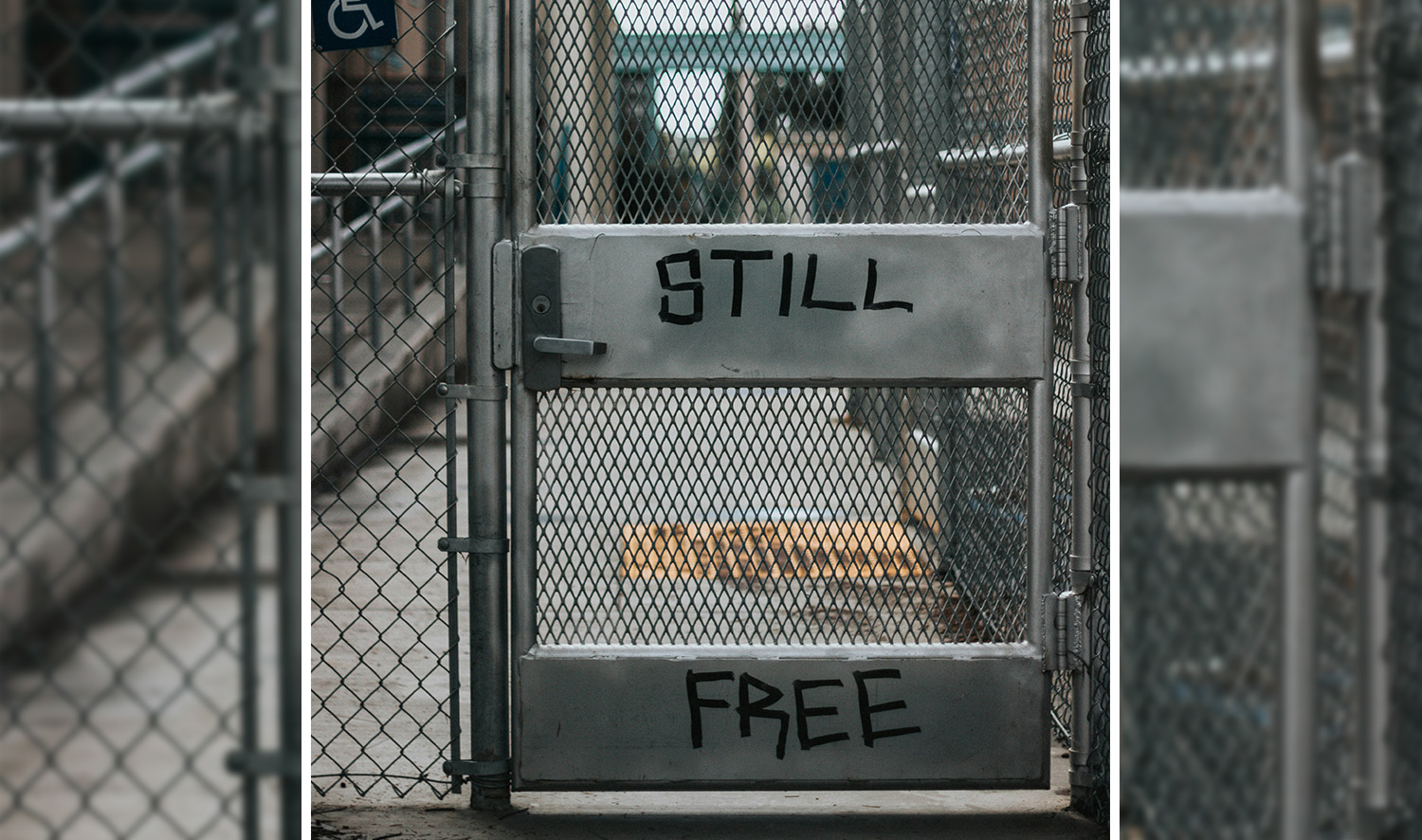I found myself on a bench on the banks of the Elbow River, dappled sunlight falling through the leaves of the trees onto my disposable coffee cup, sitting in anguished silence beside my wife. She had just completed the first diagnostic test scheduled for that day, and we were waiting there for an hour or so before returning to the clinic for the second. A few weeks earlier, we were dislodged from a comfortable and direct path of life when her doctor informed us of her diagnosis: breast cancer.
Eventually, we would learn that the cancer was contained to her breast and a few lymph nodes; her bones, liver, and lungs were clear of cancerous cells. After an extraordinarily difficult year of chemotherapy, surgery, and radiation therapy, she was declared cancer-free. I can clearly remember the moment when her oncologist gave us the results of her diagnostic scans and told us the cancer had not spread. A feeling of relief washed over me, and I remember the conversation that followed, outlining the coming year of treatment. The treatment plan was frightening in many ways, but it was also a task, a journey, and directions for the road ahead. I could see a way forward. The path might wind through an exhausting purgatory, but it had a discernible end—a path out of cancer. But that day, beside the Elbow, we still stumbled along blindly, feeling our way forward to we knew not what, in the hell of unknowing.
The very day that Mary, Joanna, and Mary told the disciples that Jesus’ tomb was empty, Cleopas and his unnamed friend stumbled along the road to Emmaus, devastated and confused. They knew about the women’s story, but like the other disciples, it seems they did not know what to do with this information. Resurrection wasn’t a possibility that they could imagine, which, frankly, strikes me as perfectly reasonable. While the story takes place on Easter Sunday, these two disciples continued to live in the hellish grip of Holy Saturday.
Holy Saturday is the day of death and darkness that we seldom consider. Peter’s anguish, remembering his denials. The apostles’ fear, gathered together to hide from their master’s killers. The women’s mourning, making plans to do their duty to care for the body of the man they loved. We turn our faces away from this day in the entirely understandable desire to forget the pain and darkness that pervade human life. We want to leap from the heroic sacrifice of Good Friday to the glorious resurrection of Easter Sunday. When we encounter the deadly silence of Holy Saturday—in the depression of a dear friend, in the tears of a mourning parishioner, or in the confusion and fear of a loved one who has received a terrible diagnosis—we recoil. We do not want to be confronted with that day, because when we look upon it, we must admit to ourselves that even the very Son of God, though he was in very nature God, was not spared the horror of pain and death.
But Holy Saturday also reminds us that this Christ, this Jesus we follow, did not recoil. And that means, in my pain and confusion, lost in fear on the path of life, as I sat in the valley of the shadow of death beside the person I had loved for decades, Jesus sat with me.
Along the road to Emmaus, the first thing that the resurrected Christ did was listen lovingly to his lost disciples. There was no glorious unveiling, just a friendly listening ear. His eventual response, which I always hear as a kind of gentle exasperation, is to say they are “foolish ones, and heart-slow” (v. 25) (to which I respond in my head, “me too, my dudes, me too”). And then he helps them to see. He explains what it all meant and how it had to be this way. Even then, they do not see him, though their hearts burn with the truth he is revealing. It isn’t until they break bread together (as clear a callback to Passover and foreshadowing of the eucharistic meal as we could ask for) that they see. “He was recognized by them in the breaking of bread,” says Luke (24:35).
The Emmaus story is beautiful and bizarre because it is simultaneously a Holy Saturday story and an Easter Sunday story. It holds together the tension of “he descended into Hell” and “on the third day he rose again, according to the Scriptures.” In this way, the story captures the heart of one of the most important aspects of Christianity and guides us as we seek to make sense of our own stories and the stories of our fellow travellers on the way. The Emmaus story is an example of Jesus himself and his pastoral encounter with his confused and distraught disciples. His gentle, listening posture helps us imagine how he walks with us and how we might walk with others. Even in his resurrection, Christ walks with us in our devastation. Death and resurrection journey side-by-side on the road to Emmaus.
It’s been almost two years since I sat on that bench with my wife. The year of treatment, which coincided with the coronavirus pandemic’s depths, was awful, but her most recent scans have come back negative. As far as anybody can tell, the cancer is gone, but the effects linger. Life hasn’t gone back to normal, and there isn’t any reason to think that it ever will, but life is good, and full of many joys. We feel the reality of resurrection in the foreshadowing of the healing of a mortal body, but the mortality of our bodies remains ever-present. And amid this tension, between Holy Saturday and Easter Sunday, I am thankful—desperately thankful—for a Saviour who knows this confusion and pain and walks with me along the way.
Share:
dsmartin
Support the mission
The Global Advance Fund (GAF) is a pooled fund that supports our workers in Canada and around the world to share the Gospel with people who haven't yet heard the name of Jesus. Your continued generosity equips and sustains our workers and their ministry.
